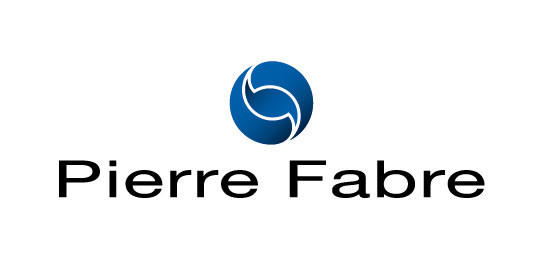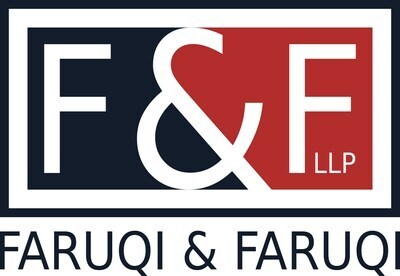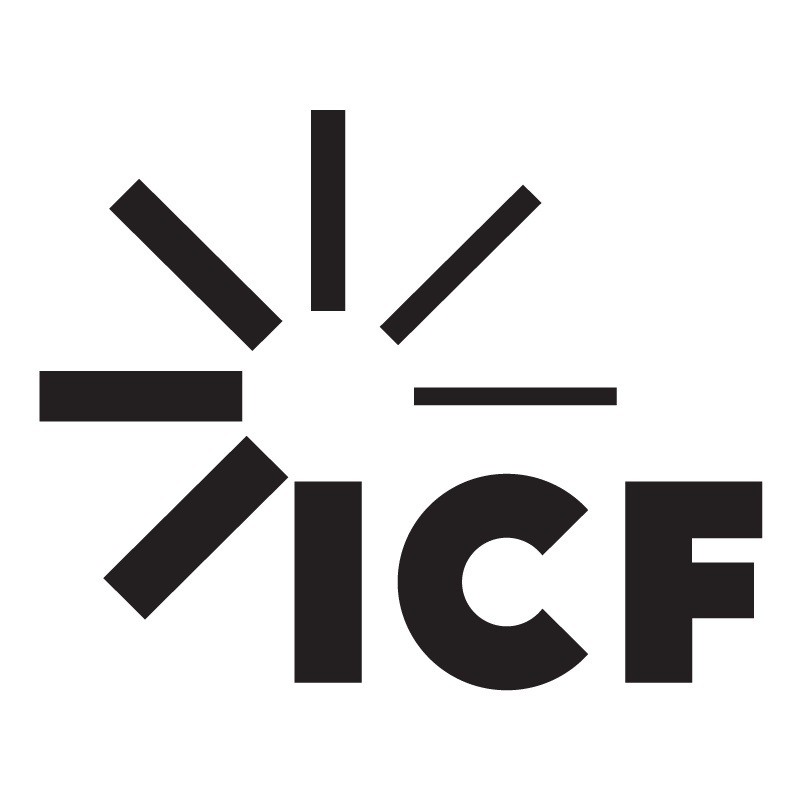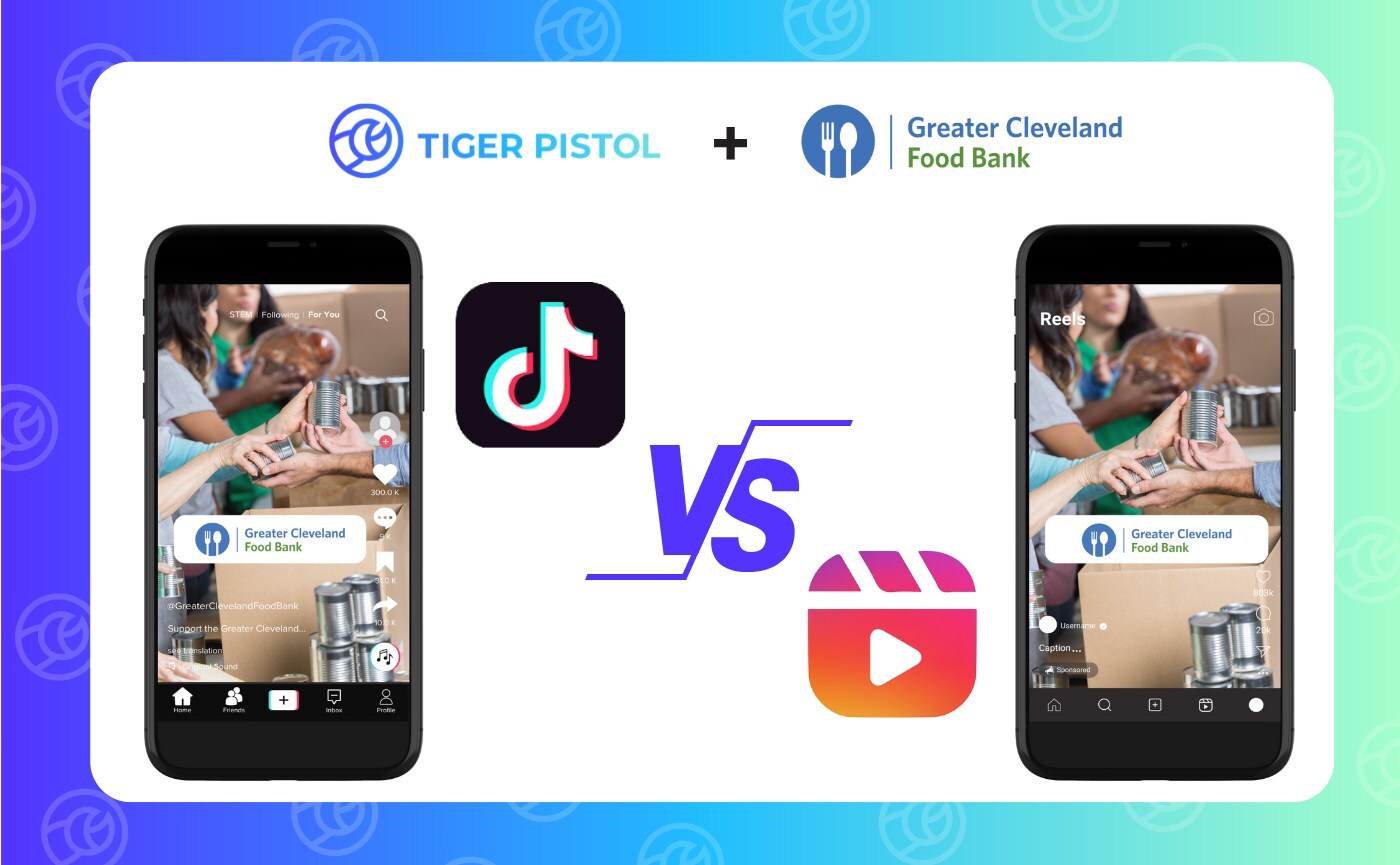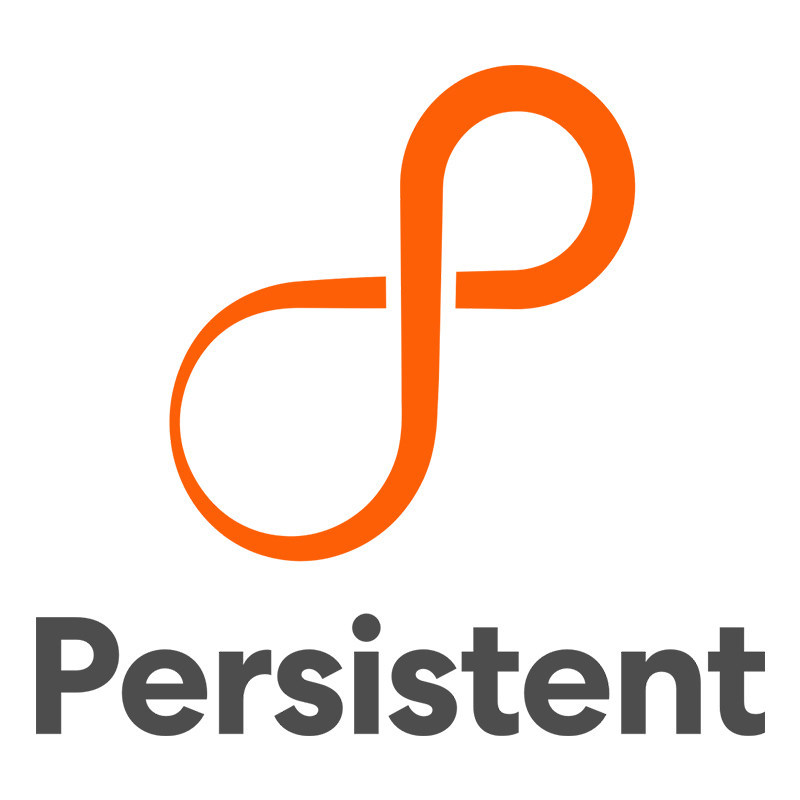- BRAFTOVI® (encorafenib) + MEKTOVI® (binimetinib) shows meaningful clinical benefit in adult patients with BRAFV600-mutant advanced NSCLC
- The application is based on results from the PHAROS study,[1] which showed an objective response rate of 75% in treatment-naïve patients and 46% in previously treated patients
- If approved, the new indication for BRAFTOVI® (encorafenib) + MEKTOVI® (binimetinib) will be a potential new treatment option for adult patients with BRAFV600-mutant advanced NSCLC
CASTRES, France, Nov. 2, 2023 --
Intended for international media only / not intended for UK- and US-based media
Pierre Fabre Laboratories announced today that the European Medicines Agency (EMA) validated the submission for BRAFTOVI® (encorafenib) + MEKTOVI® (binimetinib) for the treatment of adult patients with BRAFV600-mutant advanced non-small cell lung cancer (NSCLC), who are either treatment naïve or have received prior therapy.
The submission is based on the results from the registrational PHAROS study,[1] which by independent review, showed an objective response rate (ORR) of 75% in treatment-naïve patients, with 59% maintaining a response for at least 12 months, and 46% in previously treated patients.[1]
"Lung cancer is the number one cause of cancer death worldwide,[2] and there are currently limited effective targeted treatment options for patients with BRAFV600-mutant advanced NSCLC. With our strategic focus on lung cancer and oncology precision medicine, this submission is the next step in delivering clinically meaningful change to oncology patient populations with high unmet needs," said Eric Ducournau, Chief Executive Officer of Pierre Fabre Laboratories.
The Phase 2 PHAROS trial[1] showed that one 450mg daily dose of BRAFTOVI® and two 45mg daily doses of MEKTOVI®[1] provided a meaningful clinical benefit for these patients with an ORR of 75% (95% CI: 62, 85) in treatment-naïve patients (n=59), with 59% of them maintaining a response for at least 12 months. For those patients who had received prior therapy (n=39), the ORR was 46% (95% CI: 30, 63), with 33% maintaining a response for at least 12 months. Median progression-free survival (PFS) was not reached at data cut-off for the treatment-naïve group (95% CI: 15.7, NE) and 9.3 months (95% CI: 6.2, NE) for the previously treated group. Median overall survival (OS) was not reached for either subgroup at the time of data cut-off. The most common treatment-related adverse events observed in the PHAROS trial were nausea (50%), diarrhoea (43%), fatigue (32%) and vomiting (29%).
These findings were simultaneously published in the Journal of Clinical Oncology and presented during the American Society of Clinical Oncology (ASCO) congress on 4 June 2023.[1]
BRAFTOVI® + MEKTOVI® are currently approved in Europe for the treatment of adult patients with unresectable or metastatic melanoma with a BRAFV600 mutation.[3],[4] BRAFTOVI® in combination with cetuximab is also approved in Europe for the treatment of adult patients with metastatic colorectal cancer (mCRC) with a BRAFV600E mutation who have received prior systemic therapy.[3]
About PHAROS
PHAROS (NCT03915951) is an ongoing, open-label, multicentre, non-randomised Phase 2 study to determine the efficacy and safety of BRAFTOVI® + MEKTOVI® in 98 patients with BRAFV600E-mutant metastatic NSCLC. Mutations were identified using next-generation sequencing or polymerase chain reaction tests performed at the patient's local laboratory. The primary endpoint is confirmed ORR per RECIST v1.1, by independent radiology review (IRR); secondary objectives comprise additional efficacy endpoints including DoR, PFS, and OS as well as safety. The trial is being conducted across 56 sites in: Italy, the Netherlands, South Korea, Spain, and the U.S.
The PHAROS trial is sponsored by Pfizer Inc. and conducted with support from Pierre Fabre Laboratories.
About BRAF-mutant advanced Non-Small Cell Lung Cancer (NSCLC)
Lung cancer is the second most common type of cancer and the number one cause of cancer-related death globally.[2] NSCLC accounts for approximately 80-85% of all lung cancers.[5]
Certain lung cancers are driven by acquired genetic abnormalities like a BRAF mutation. By using biomarkers to identify a person's particular tumour type, treatment can become more personalised and effective, since the molecular makeup of a person's cancer often determines how they respond to different therapies.
BRAF mutations occur in approximately 3-5% of NSCLC cases.[1] It stimulates tumour cell growth and proliferation by altering the MAP kinase (MAPK) signalling pathway. Targeting components of this pathway could potentially inhibit unchecked tumour growth and proliferation caused by BRAF mutations.[1],[6]
Precision medicine is increasingly being developed for NSCLC patients with genetic changes, such as BRAF mutations, that can be detected using biomarker tests.[7],[8] Advances in targeted therapy and more widespread use of biomarker testing have been associated with significant improvements in population-level NSCLC mortality in recent years.[9]
About BRAFTOVI® + MEKTOVI®
BRAFTOVI® (encorafenib) is an oral small molecule BRAF kinase inhibitor and MEKTOVI® (binimetinib) is an oral molecule MEK inhibitor, both of which target key proteins in the MAPK signalling pathway (RAS-RAF-MEK-ERK). Uncontrolled activation of this pathway has been shown to occur in many cancers, including melanoma, CRC, and NSCLC.[1]
In 2018, the European Commission (EC) approved BRAFTOVI® + MEKTOVI® for adult patients with unresectable or metastatic melanoma with a BRAFV600 mutation. The approval was based on results from the randomised, active-controlled, open-label, multicentre Phase 3 COLUMBUS trial.
In 2020, BRAFTOVI® was EC-approved, in combination with cetuximab, for the treatment of adults with metastatic CRC with a BRAFV600E mutation. The approval was based on results from the randomised, active-controlled, open-label, multicentre Phase 3 BEACON CRC trial.
Pfizer has exclusive rights to commercialise BRAFTOVI® and MEKTOVI® in the U.S., Canada, and all countries in the Latin American, African, and Middle Eastern regions. Ono Pharmaceutical Co., Ltd. has exclusive rights to commercialise both products in Japan and South Korea, Medison has exclusive rights in Israel, and Pierre Fabre Laboratories has exclusive rights in all other countries, including Europe and Asia-Pacific.
The full product and safety information for the use of BRAFTOVI® and MEKTOVI® are outlined in the Summary of Product Characteristics (SmPC), published in the European public assessment report (EPAR) and available in all official EU languages. The full SmPC can be accessed at: https://www.ema.europa.eu/en.
About Pierre Fabre Laboratories
Pierre Fabre Laboratories is a leading French medical and beauty care company with 4 decades of experience in innovation, development, manufacturing, and commercialisation in oncology. The company dedicated about 80% of its R&D spendings to oncology in 2022 and has recently declared targeted therapies as its main R&D priority. Its current commercial portfolio in oncology covers colorectal, breast and lung cancers, melanoma, haematology, and pre-cancerous skin conditions like actinic keratosis.
In 2022, Pierre Fabre Laboratories posted 2.7 billion euros in revenues, 69% of which came from international sales in 120 countries. Established in the South-West of France since its creation in 1962, the Group manufactures over 90% of its products in France and employs some 9,600 people worldwide. The company is 86%-owned by the Pierre Fabre Foundation, a government-recognised public-interest foundation, and secondarily by its own employees through an international employee stock ownership plan. Pierre Fabre Laboratories' sustainability policy has been assessed by the independent AFNOR Certification body at the "Exemplary" level of its CSR label (ISO 26 000 standard for sustainable development).
Further information about Pierre Fabre Laboratories can be found at www.pierre-fabre.com, @PierreFabre.
References
1. Riely GJ, Smit EF, Ahn MJ. Phase II, Open-Label Study of Encorafenib Plus Binimetinib in Patients With BRAFV600-Mutant Metastatic Non–Small-Cell Lung Cancer. Journal of Clinical Oncology.2023;41:21,3700-3711.
2. World Health Organization. International Agency for Research on Cancer. GLOBOCAN 2020: Lung cancer fact sheet. Available at: http://gco.iarc.fr/today/data/factsheets/cancers/15-Lung-fact-sheet.pdf. Last accessed: July 2023.
3. European Medicines Agency. BRAFTOVI® (encorafenib) Summary of Product Characteristics. Available at: https://www.ema.europa.eu/en/medicines/human/EPAR/braftovi. Last accessed: July 2023.
4. European Medicines Agency. MEKTOVI® (binimetinib) Summary of Product Characteristics. Available at: https://www.ema.europa.eu/en/medicines/human/EPAR/mektovi. Last accessed: July 2023.
5. American Cancer Society. What is lung cancer? Available at: https://www.cancer.org/cancer/lung-cancer/about/what-is.html. Last accessed: July 2023.
6. Yan N, Guo S, Zhang H, et al. BRAF-Mutated Non-Small Cell Lung Cancer: Current Treatment Status and Future Perspective. Front Oncol. 2022;12:863043. doi: 10.3389/fonc.2022.863043.
7. Planchard D, Popat S, Kerr K, et al. Metastatic non-small cell lung cancer: ESMO Clinical Practice Guidelines for diagnosis, treatment and follow-up. Ann Oncol 2018;29(Suppl. 4), iv192-iv237. Doi:10.1093/annonc/mdy275.
8. König D, Savic Prince S, Rothschild SI. Targeted therapy in advanced and metastatic non-small cell lung cancer. An update on treatment of the most important actionable oncogenic driver alterations. Cancers. 2021;13(4), 804. doi:10.3390/cancers13040804.
9. Howlader N, Forjaz G, Mooradian MJ, et al. The effect of advances in lung-cancer treatment on population mortality. N Engl J Med. 2020;383(7), 640–649. doi:10.1056/NEJMoa1916623.
This News is brought to you by Qube Mark, your trusted source for the latest updates and insights in marketing technology. Stay tuned for more groundbreaking innovations in the world of technology.

